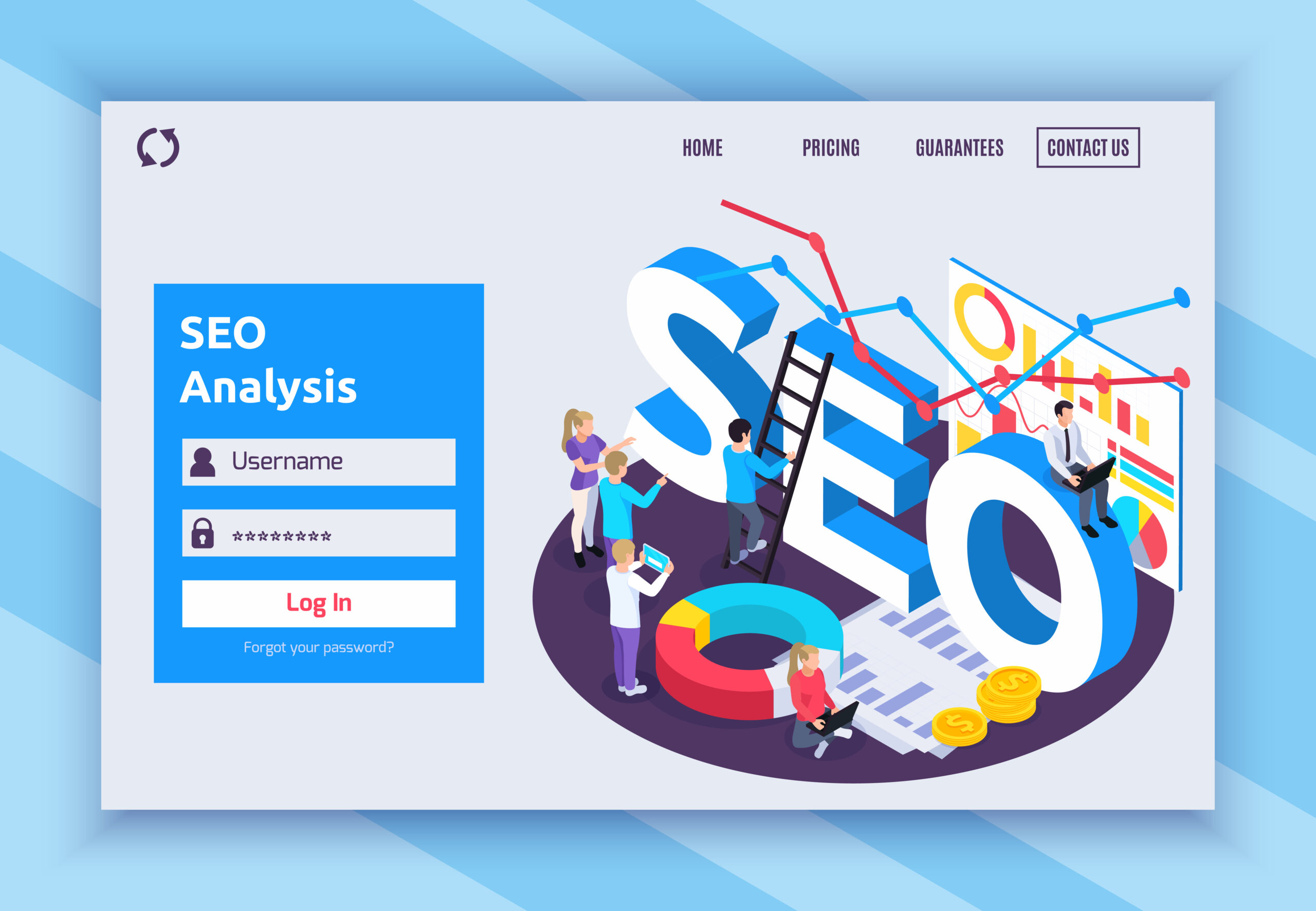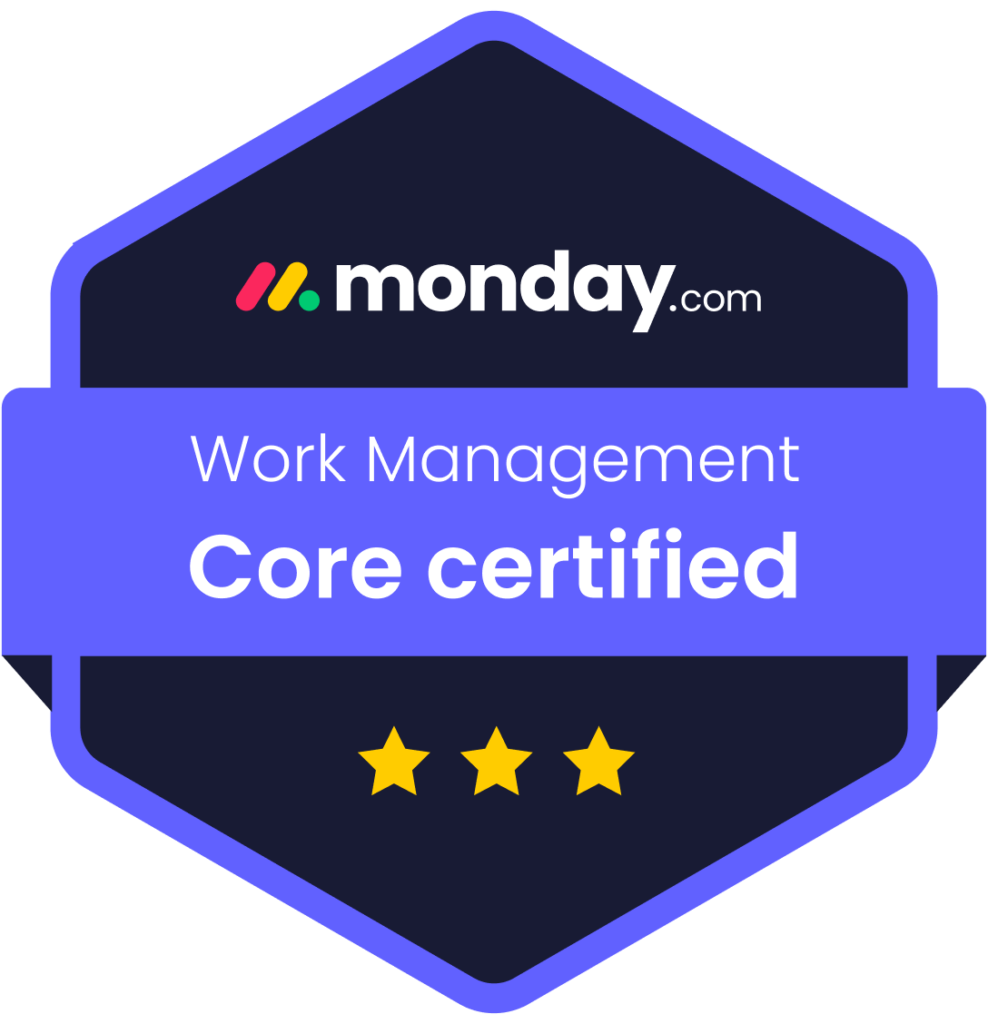In today’s competitive digital landscape, having a well-developed website is more than just an aesthetic choice—it’s a powerful engine for driving visibility and organic traffic through SEO. Many business owners overlook how deeply intertwined web development and SEO truly are. Yet, if your site isn’t built with performance, structure, and user experience in mind, even the best SEO strategies might fall short.
This blog will explore how a strategically crafted and well-developed website directly contributes to stronger SEO results, helping you climb the search rankings, engage users longer, and ultimately convert more traffic into loyal customers.
Fast Load Times for Better SEO Rankings
Page speed is a critical ranking factor. Search engines like Google prioritize fast-loading websites because they provide a better user experience. A welldeveloped website uses optimized images, compressed code, and efficient hosting solutions to reduce load times.
Slow websites not only frustrate visitors but also signal to search engines that your site may not be offering value. Reducing page load time even by a second can significantly increase page views, customer satisfaction, and conversions—while also giving you a boost in SEO rankings.
Mobile Optimization is Essential
A truly well-developed website must be mobile-friendly. With over 60% of global web traffic now coming from mobile devices, responsive design is no longer optional—it’s mandatory.
Search engines use mobile-first indexing, which means Google prioritizes the mobile version of your site over the desktop version when determining your rankings. If your site isn’t optimized for smartphones and tablets, you could be losing visibility and customers.
Mobile-optimized websites load quickly, display correctly, and provide intuitive navigation on any screen size—directly supporting better SEO outcomes.
Strong Website Architecture Aids Crawlability
Search engines use bots to crawl your website and index your pages. A well-developed website features clean, logical architecture that allows these bots to navigate easily. This means using an organized URL structure, a clear hierarchy of headings (H1, H2, H3), and a sitemap to guide bots to all relevant pages.
When your content is easy to find and categorize, your site will perform better in search results. A thoughtful site structure also prevents duplicate content and broken links, both of which can hurt your SEO score.
User Experience Impacts Bounce Rate
Google tracks how users interact with your site—especially how long they stay and whether they explore more than one page. A well-developed website keeps users engaged with intuitive navigation, fast performance, and accessible design.
By improving the user experience, you reduce bounce rates and increase time-on-site, both of which are positive indicators to search engines. This behavioral data helps search engines determine whether your content is valuable, directly influencing your SEO ranking.
Clean Code Improves Crawl Efficiency
Code quality matters. Bloated or outdated code can confuse search engine bots and slow down your site. A well-developed website uses modern coding standards—HTML5, CSS3, and lightweight JavaScript—to ensure efficient crawling and indexing.
Structured data and schema markup can also enhance your SEO by providing additional context about your content to search engines, resulting in rich snippets that stand out in search results.
Secure Websites Gain Trust and Rankings
Google has confirmed that HTTPS is a ranking signal. A well-developed website is built with security in mind, using SSL certificates to encrypt user data. Secure websites protect customer information and gain the trust of both users and search engines.
If your site lacks HTTPS, browsers might flag it as “Not Secure,” which can deter visitors and hurt your SEO performance. Implementing basic security best practices is a win-win for both safety and rankings.
Optimized Content Placement and Structure
Content is king in SEO, but how it’s presented matters just as much as the words themselves. A well-developed website uses structured layouts that guide users through content effortlessly. Proper heading tags (H1, H2, H3), bullet points, and short paragraphs make content scannable, which enhances readability and encourages deeper engagement.
Moreover, well-integrated multimedia like images and videos—with proper alt text—add context and help boost your rankings in image and video search results.
SEO-Friendly URLs and Metadata
Another hallmark of a well-developed website is the use of clean, descriptive URLs. URLs should include relevant keywords and be easy to understand by both users and search engines.
Meta titles, descriptions, and image alt tags are also critical for SEO. A properly built website ensures that each page has unique, keyword-optimized metadata to improve click-through rates and support ranking algorithms.
Internal Linking Strengthens SEO
Strategic internal linking helps search engines understand the relationship between pages and distributes link equity throughout your site. A welldeveloped website uses relevant anchor text to guide visitors to related content, boosting engagement and improving SEO performance.
By interlinking blog posts, service pages, and product listings, you keep users on your site longer and encourage them to explore further—two strong signals for search engine rankings.
Scalable Design Supports Ongoing SEO Growth
As your business grows, your website should grow with it. A well-developed website is built on a scalable foundation that allows for easy updates, new pages, and additional features without breaking existing functionality.
Scalability ensures that your SEO strategies can evolve over time. Whether you want to add a blog, integrate a customer portal, or launch a new product category, a solid website structure makes it all possible without starting from scratch.
Conclusion: Why Your Website Development Matters for SEO
Investing in a well-developed website is not just about having a pretty design—it’s about building the foundation for long-term SEO success. From fast load times and mobile responsiveness to secure browsing and smart architecture, every element of your site can either support or sabotage your visibility online.
At Skyfield Digital, we specialize in designing performance-driven websites that align with the best SEO practices. Let us help you build a website that doesn’t just look good—but also drives measurable results. Ready to unlock your full digital potential? Contact our team today.













